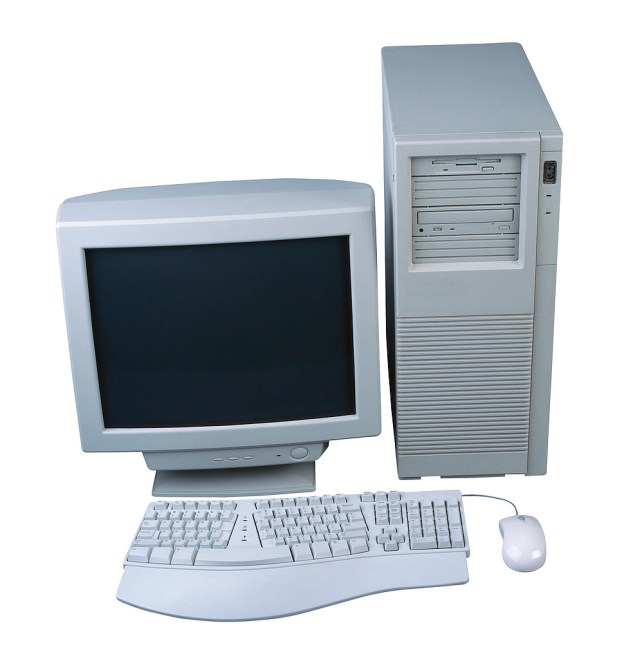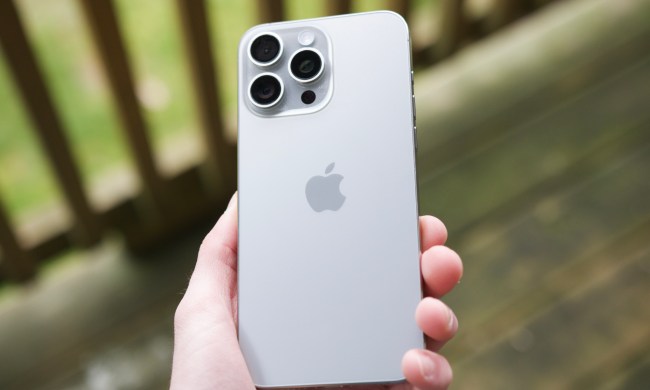
It’s bad news bears time if you’re a PC manufacturer. (Particularly if you don’t also produce tablets and/or mobile phones.) A new study released by information technology research firm Gartner predicts that the rise in sales of tablets and cell phones will directly, and negatively, affect the sales of PCs, which have already been steadily slowing down.
Global sales of devices, which is a combination of all three aforementioned types, are expected to reach 2.4 billion total units by the end of this year. But, analyzing trends, the company predicted that, by 2017, the number will shoot up to 2.9 billion dollars.
However, that increase has absolutely nothing to do with PC sales. Why? According to the study, affordable tablets, when contrasted to high prices of desktop and laptop computers, are becoming more and more enticing to consumers.
So just how bad are PC sales expected to be hit? By 2017, Gartner suggests that sales will decline by 7.6 percent.
Last year, tablet sales totaled around 116 million units; this year it’s expected to jump up to 197 million, a nearly 70 percent increase. According to Gartner Research Director Ranjit Atwal, the reason for the increase is largely due to decreasing prices, love of the cloud, and addiction to apps. On the other end of the spectrum, while PCs sold 341 million units last year, anticipated sales will drop to 315 million this year.
The study also took a look at the popularity of various operating systems across all platforms. By 2017, Android will be the clear winner, powering more than twice the number of units than the second place system, Windows. And just trailing behind, iOS/MacOS. (Of course, we can safely assume that, discounting PCs, iOS would be the runner-up, still behind Android.)
It’s a clear sign of the times. Not only are consumers looking for über affordability, but über portability. PC-only and PC-centric manufacturers are scrambling to tackle the already saturated tablet world, but it’s likely to be an uphill battle, as the early adopters tend to develop loyal users.


